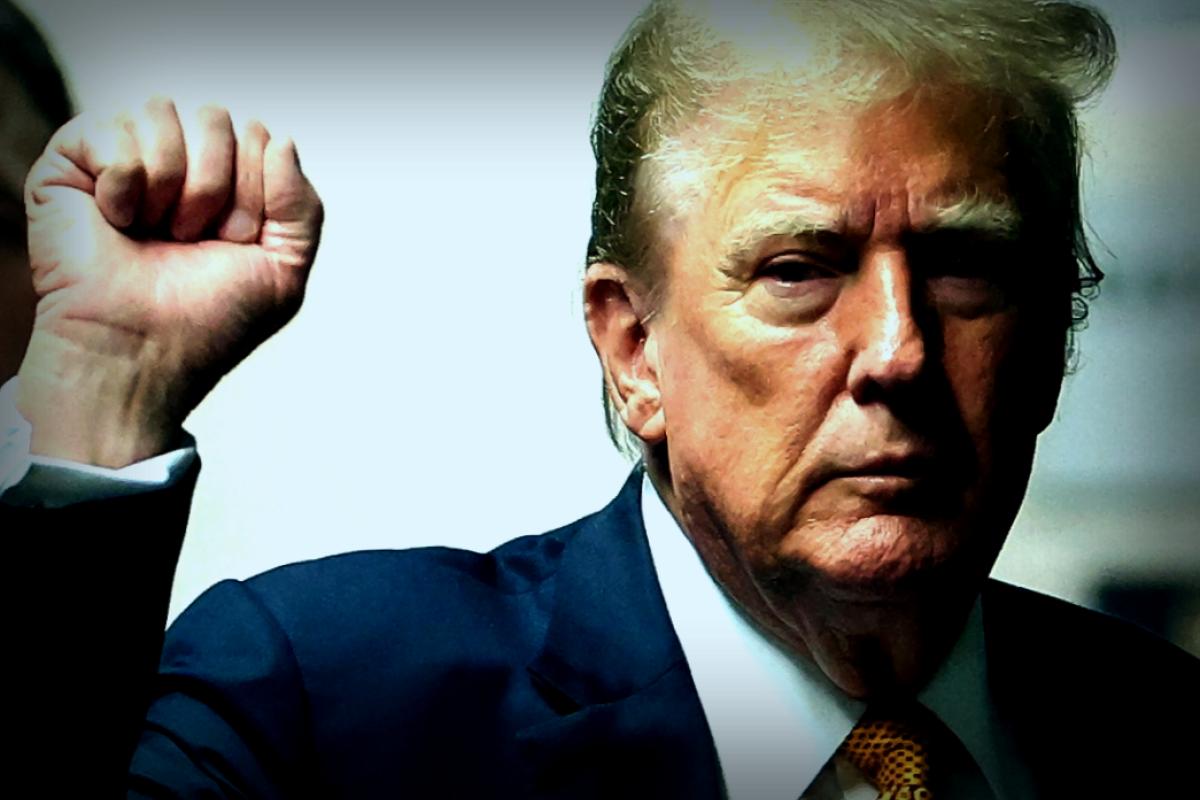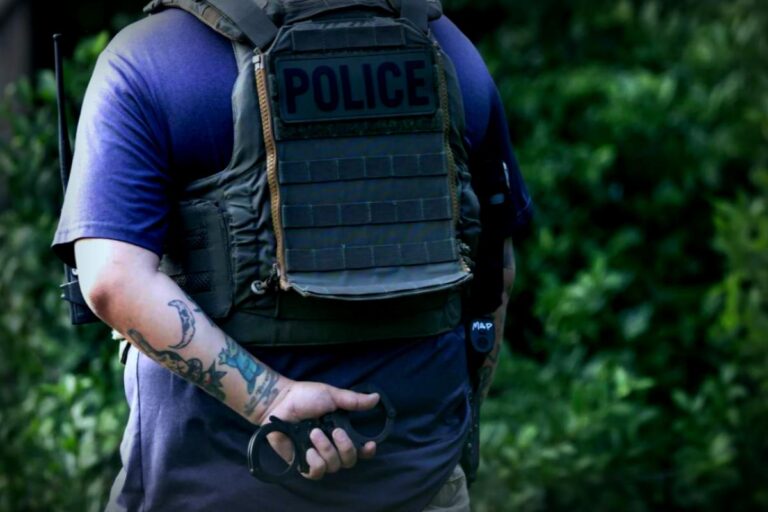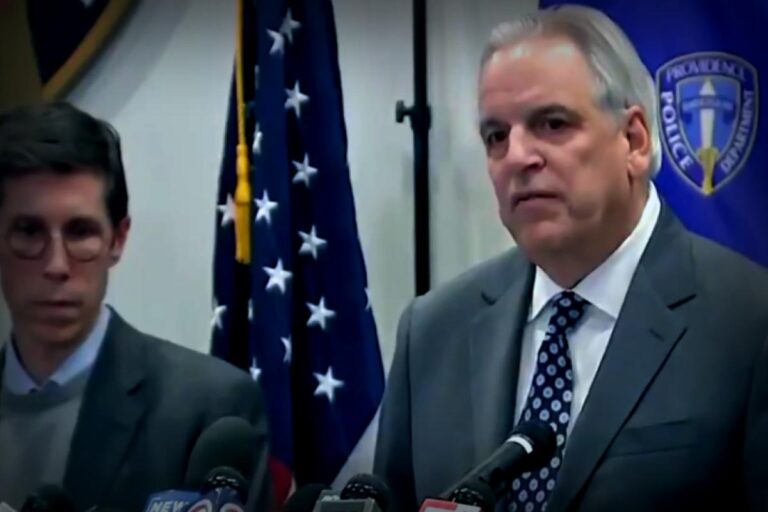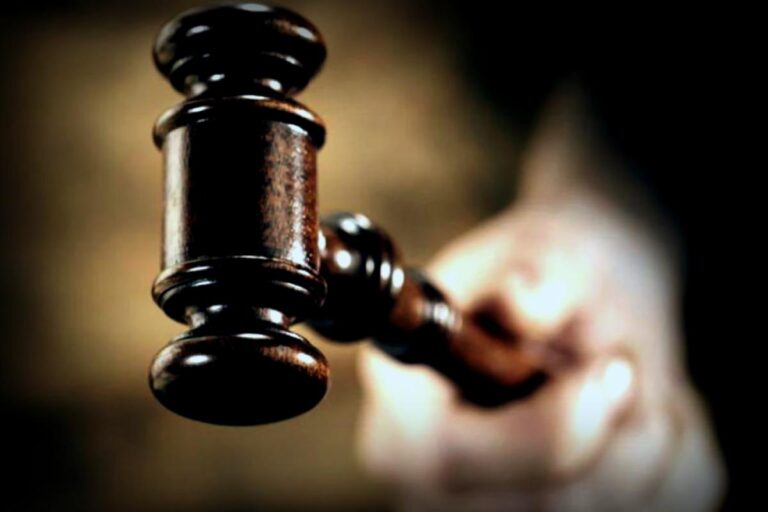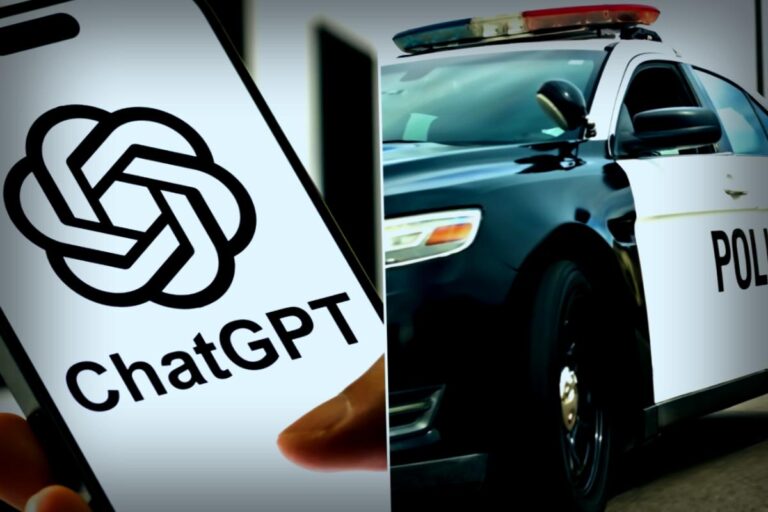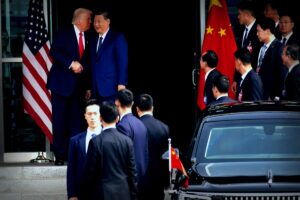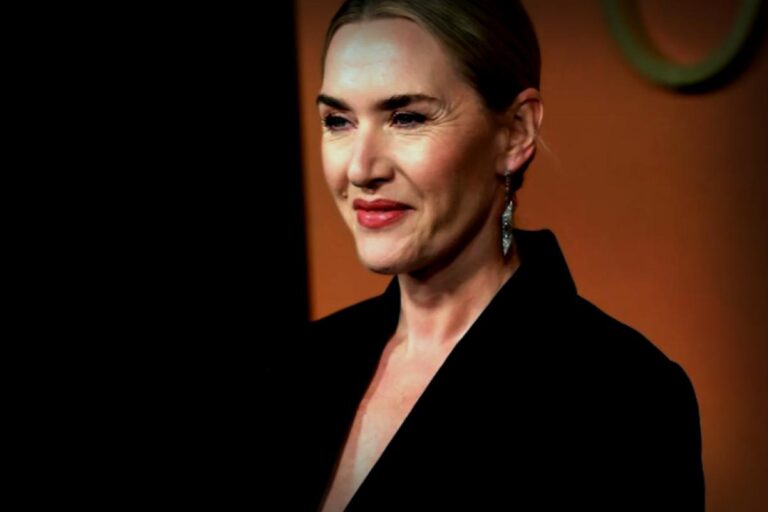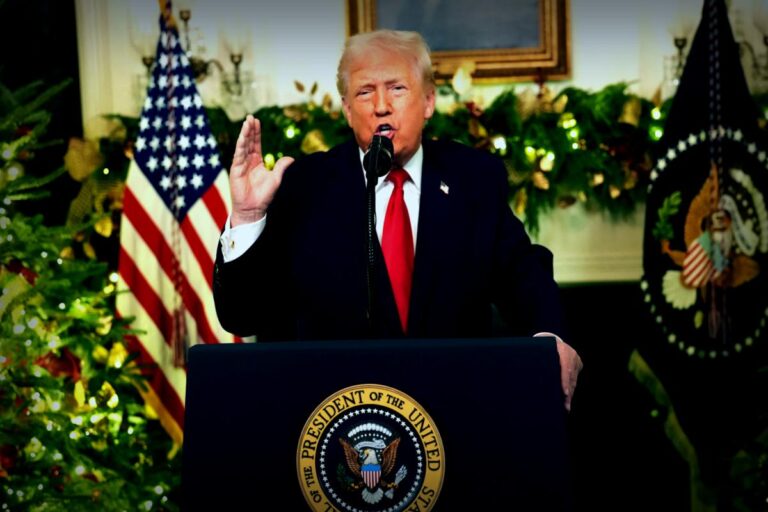It’s been over a year since Donald Trump was convicted by a 12-member jury for falsifying business records to influence the 2016 presidential election, making him the first president in U.S. history to face such criminal charges. Now, Trump is formally requesting a state appeals court to overturn that ruling.
Just past midnight, the president’s legal team resurrected old arguments with new filings, hoping to sway the courts after they allege political bias has influenced the case against him. They’re pushing to appeal the initial conviction as the proceedings continue through both state and federal channels, eyeing the Supreme Court to advocate for his innocence.
In their latest filing, Trump’s legal representatives contended, “This case had no business making its way to trial, and a conviction should never have ensued.”
In the 111-page document, the attorneys laid out five critical reasons that argue why the case should be dismissed, insisting that Manhattan’s prosecutors used “confusing legal theories” to pursue charges that are fundamentally flawed, leading to what they term a “fatally marred” case.
According to Trump’s lawyers, the office of New York District Attorney Alvin Bragg has mocked criminal law and manipulated evidence with an “elaborate scheme” aimed at securing a conviction.
Additionally, they argued that the judge overseeing the trial should have recused himself due to his prior political donations and “family connections that raise serious ethical questions”.
Trump’s legal team emphasized that all actions were purely political maneuvers aimed at undermining his 2024 presidential run, declaring the prosecution as perhaps the most politically charged case in U.S. history.
“Like anyone else facing criminal charges in New York, President Trump deserved a fair trial guided by an unbiased judge and a properly informed jury.” They continued, emphasizing violations of his rights and procedural errors that occurred during the trial.
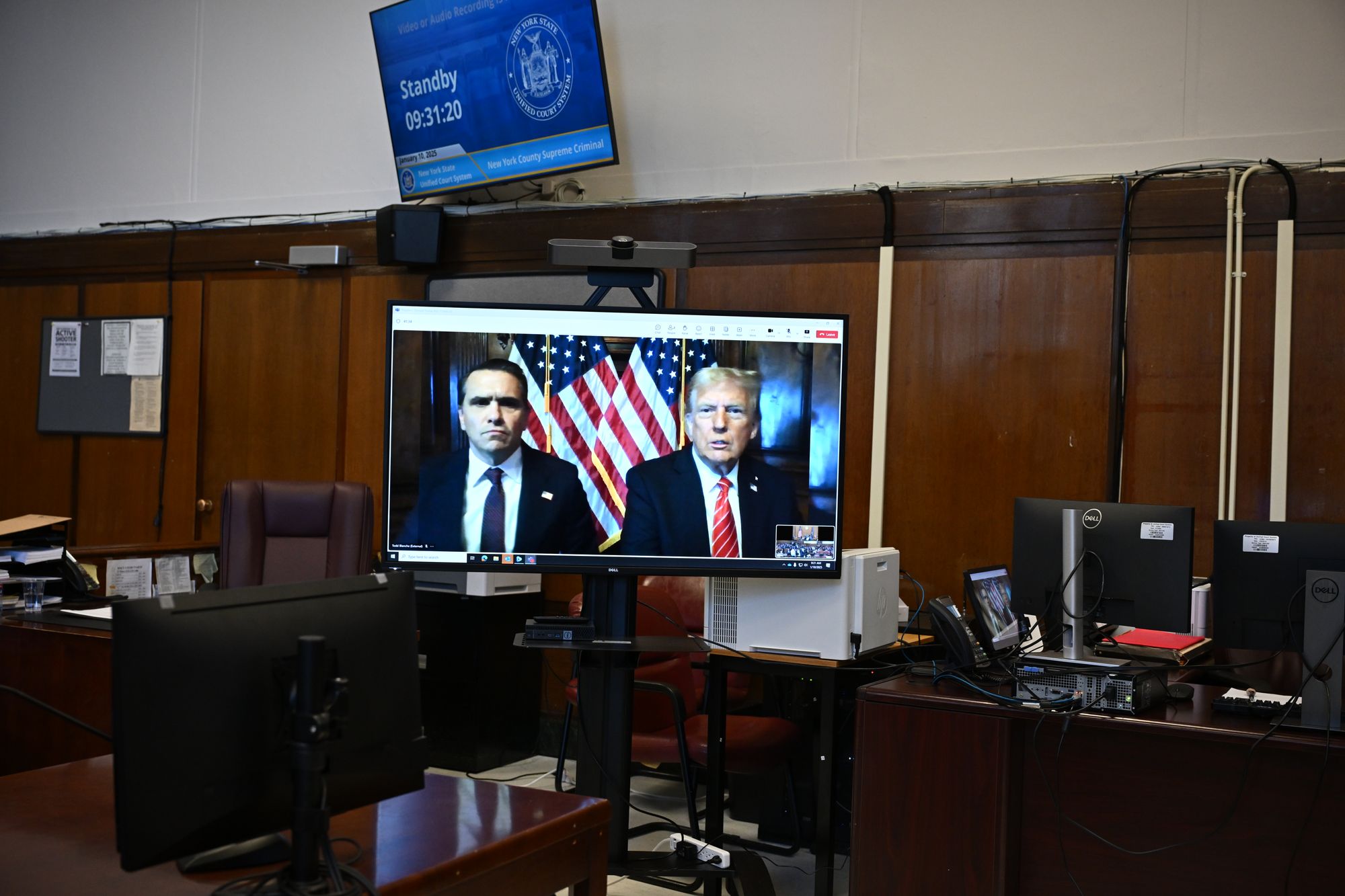
On May 30, 2024, jurors found Trump guilty on 34 counts. This verdict came after a trial examining his attempt to hush adult-film star Stormy Daniels, paying her $130,000 to ensure silence about their relationship.
Michael Cohen, Trump’s former lawyer, made the payment but Trump later reimbursed him via checks from the White House, an act the jury deemed as accounting fraud aimed at influencing election outcomes.
Even though the jury pronounced Trump guilty, the January 10 conviction resulted in a relatively light sentence of “conditional discharge,” which preserved the guilty verdict but carried no severe penalties, coincidentally occurring just days before Trump’s second inauguration.
A month post-conviction, the Supreme Court threw a curveball by ruling in favor of Trump in a decision pertaining to “immunity,” presenting his legal team with a opportunity to contest the New York conviction.
His attorneys insist that certain pieces of evidence, notably social media posts and testimonies from ex-White House aides, should never have been introduced due to the protections established by this immunity ruling. They assert that these actions were not part of his presidential duties but linked to personal conduct.
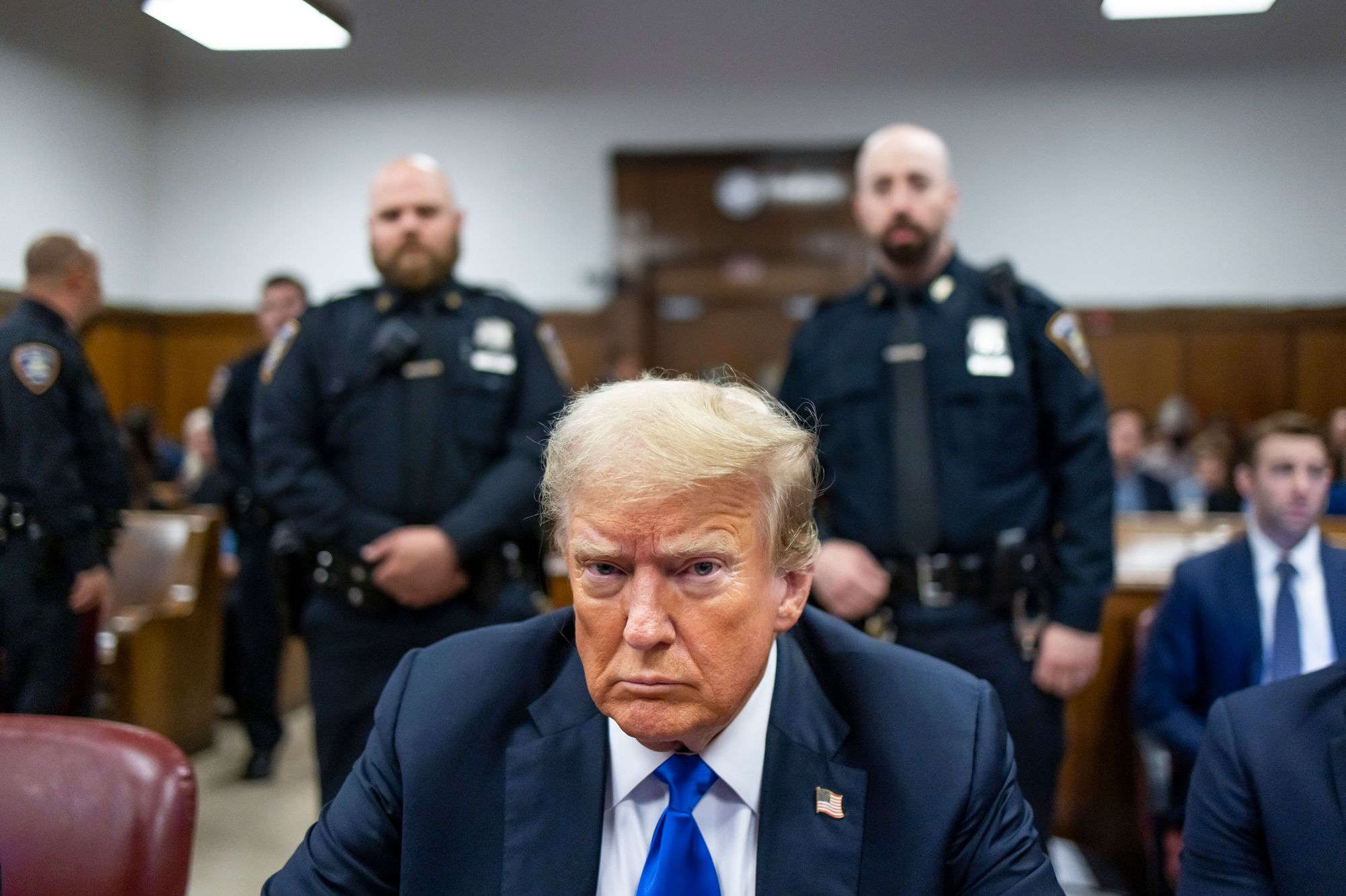
Moreover, Trump’s legal team cast doubt on the impartiality of Judge Juan Merchan, claiming his political contributions could influence his judgement. They claimed his fairness was “reasonably questionable” because he donated to Democratic politicians in 2020 and had familial ties with associates of that party.
The judge promptly explained that a New York State Advisory Committee on Judicial Ethics previously stated that nothing seemed to indicate warped interest affecting the case’s outcomes from the judge’s family.
Falsifying business records themselves are generally minor offenses, but Manhattan’s prosecution upped the ante by linking them to conspiracy, alleging they were employed to influence a campaign illegally.
Trump’s defense claims that the prosecutors faltered by misleading juries into thinking they didn’t need to reach a consensus on what these illegal means were, asserting that there was a lack of proof supporting any intent to defraud on Trump’s part.
As the state appellate judges mull over what’s next for the president, his team took proactive steps. Recently, they nudged a federal appellate court to hear the case, a pathway that may expedite reaching a Supreme Court ruling. Awaiting the federal court’s outcome could prove decisive.
Notably, prior attempts to have the Supreme Court look into this hush money matter were denied, directing Trump to finish state-level appeals first, which resulted in a close 5-4 decision.
The Independent strives to be the go-to platform for independent news analysis and commentary, connecting informed readers with stories that support their pursuit for meaningful change.





